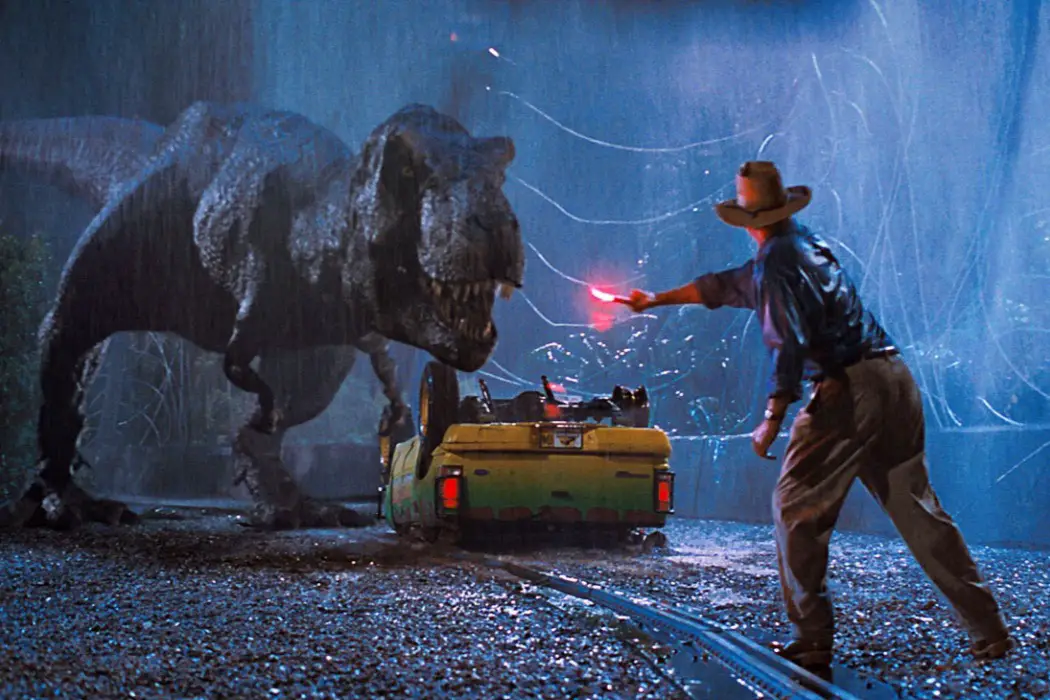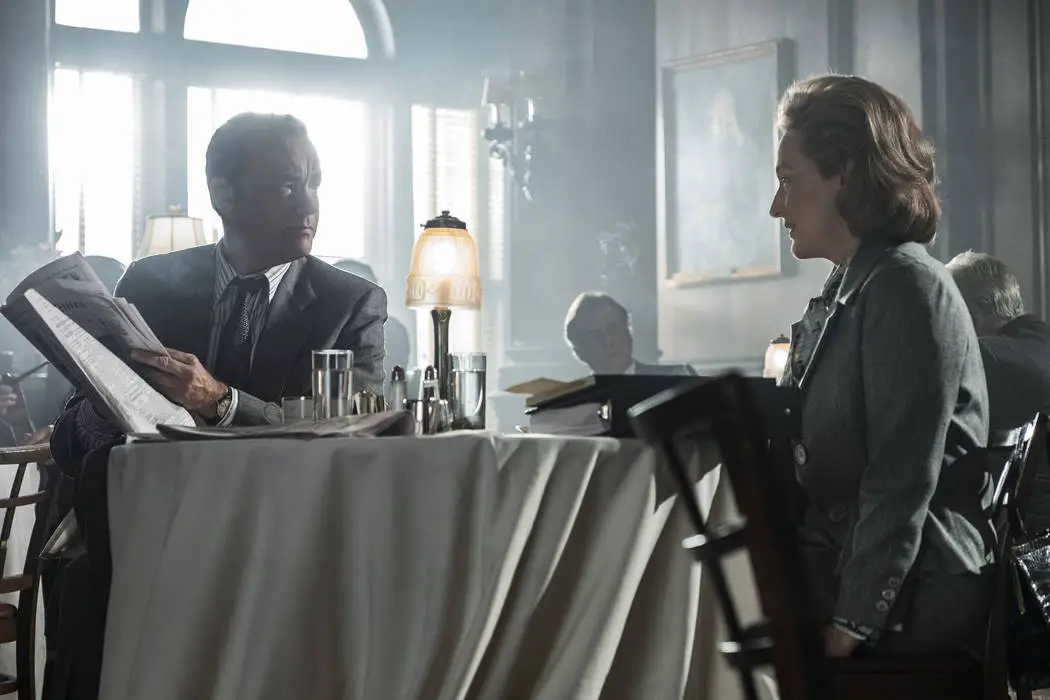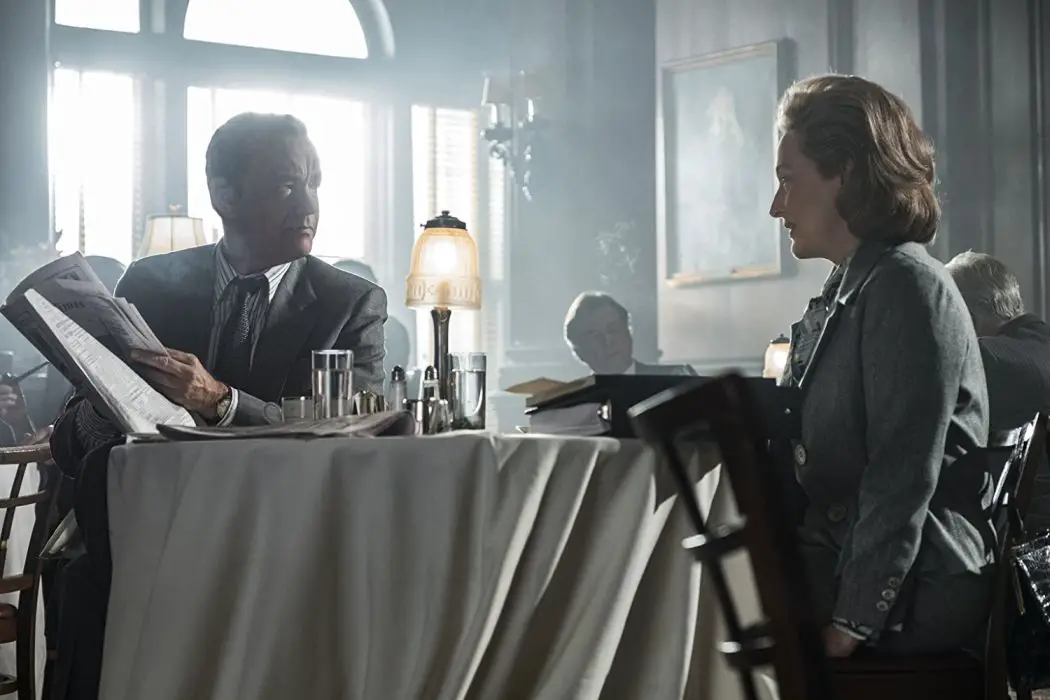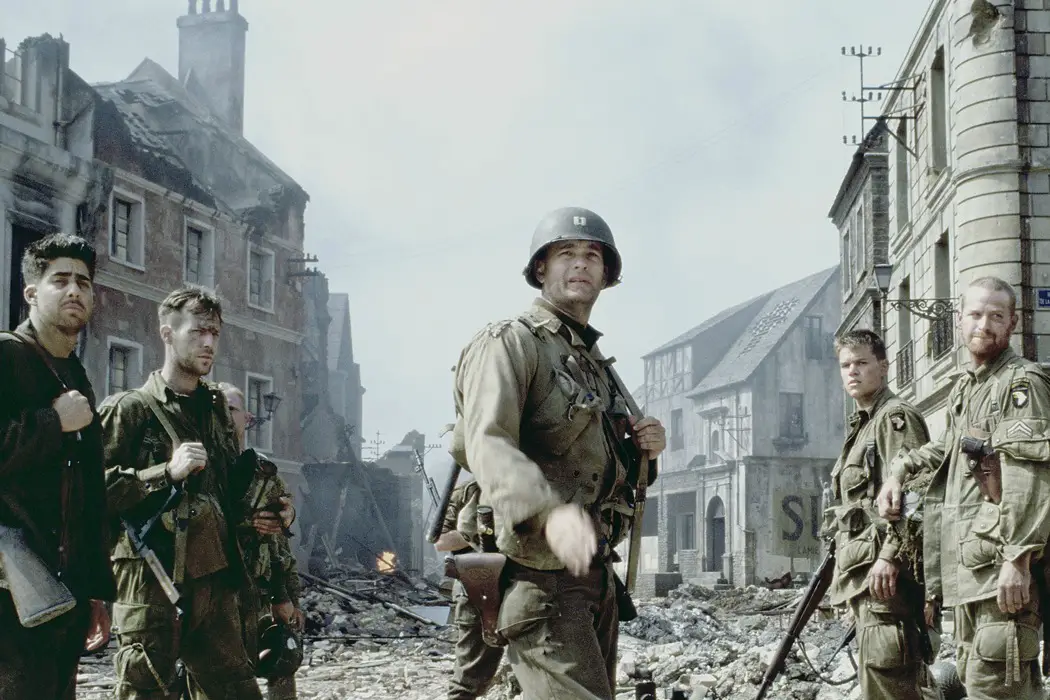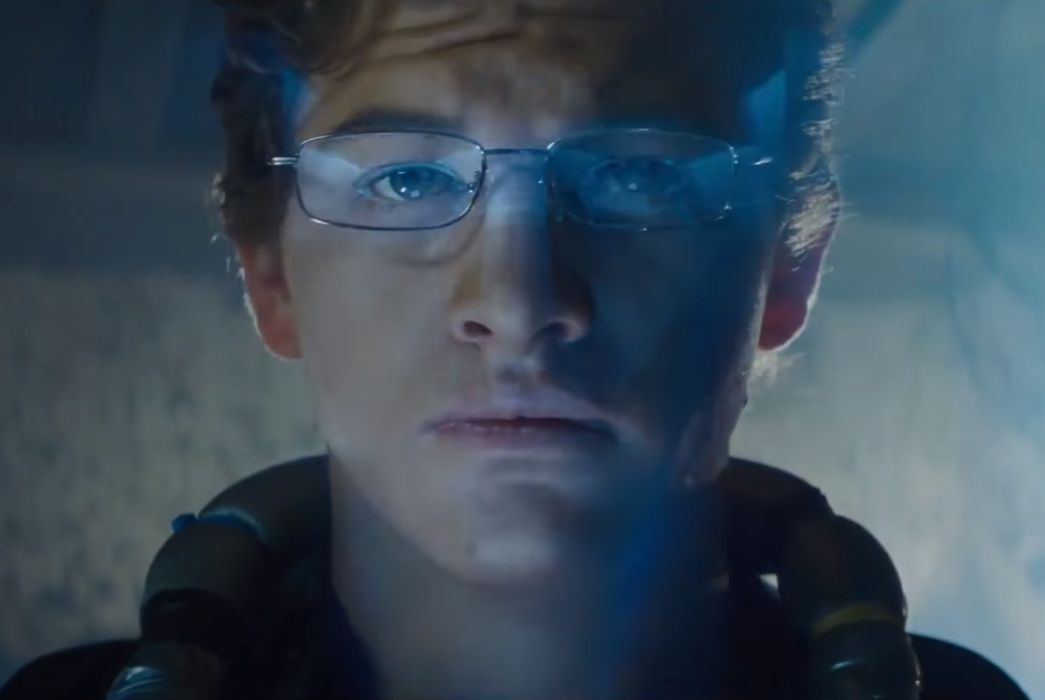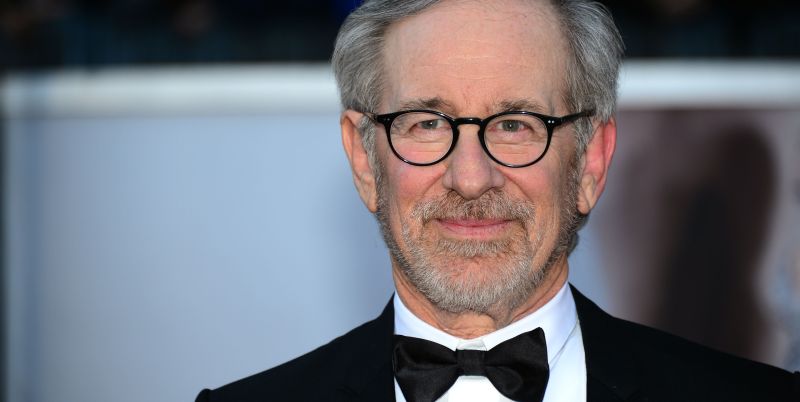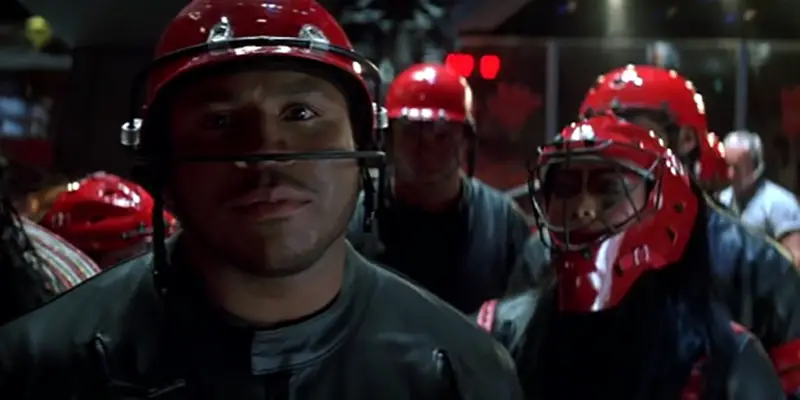Steven Spielberg
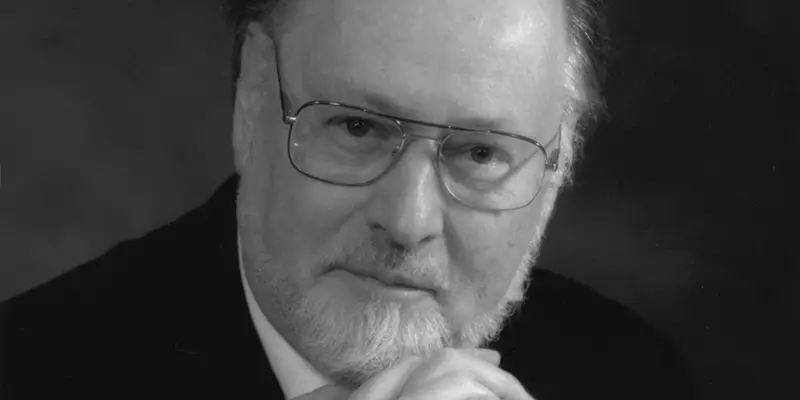
In all production tools of filmmaking, using sound effects is a fundamental factor in capturing a film’s escapist experience and the audience’s reactions. Although sound is not seen on-screen, it does play a crucial role in how films work, and in how it progresses narrative, develops characters and addresses significance. John Williams is an example of a composer whose work has established the importance of music within cinema, and how they play a fundamental role in the entire experience.
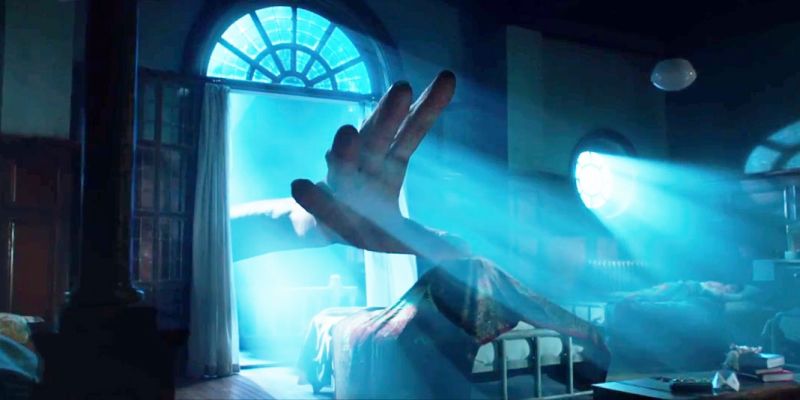
There’s something timeless about Roald Dahl’s children’s stories that always made me assume they were older than they were. The effect likely comes from their blend of weirdly dark situations and moralistic underpinnings, which feels very much like old fairy tales. Most modern pieces for children are toned down or bland, but Dahl didn’t speak down to kids.
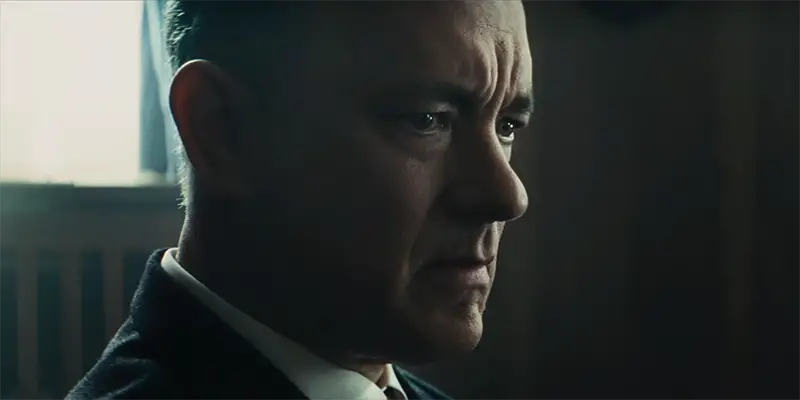
Bridge of Spies is not what I would call a happy film. Gray snow envelopes the dilapidated East German cityscape and we find Tom Hanks’s character interacting with others primarily in poorly lit, often dank rooms. Nearly all of the characters are entirely self-interested with blinders positioned perfectly to block out the undesired effects their actions can have on others.


